
Archives
Contribute
| Know Your Carbohydrates & Low Carb Diets For Weight Loss |
Drs. Indrajeet tyagi and Iranna Hirapur
04/06/2023
Carbohydrates often called carbs get a bad label, especially when it comes to weight gain. However, not all carbohydrates are bad. Because of their many health benefits, carbs have a rightful place in our diet as the body needs carbs to work well. Some carbs are better than others are. So, understand details about carbohydrates and make healthy diet choices. What are carbohydrates: Carbohydrates are a type of macronutrient found in many foods and beverages. Sugars, starches and fiber are carbohydrates. Most carbs occur naturally in plant-based foods, such as grains. Seventy per cent of body’s energy comes from both simple and complex carbohydrates. Even though, everyone eats carbs from morning until evening, they do not know what these carbohydrates are. Carbohydrates are sugar molecules. Along with proteins, and fats, carbohydrates are found in foods and drinks. Your body breaks down carbohydrates into glucose. Glucose, or blood sugar, is the main source of energy for your body's cells, tissues, brain, and other organs. Glucose can be used immediately or stored in the liver and muscles as glycogen for later use. What foods are carbohydrates: Carbohydrates are found in a wide array of both healthy and unhealthy foods – chapati, rice, upama, poha, sugar, beans, Bajra, Jawar, Raagi, milk, potatoes, popcorns, soft drinks and any things made from wheat, rice and sugar. Sugar is the worst carbohydrate. Carbs come in a variety of forms. The most common and abundant forms are sugars, and starches. Such carbohydrates are not good for the people who want to lose weight. 1 gram Carbohydrate equals 4 calories What are the good or complex carbohydrates: Complex carbohydrates are large molecules and have more nutrients and takes longer for your body to digest, so they help fill you up and don't cause the same swings in blood sugars as simple carbs. All kinds of vegetables, fruits, legumes, nuts, and seeds are the best carbohydrates because they contain fibers and minerals. These have low calories and less weight. You need to use these complex carbs. You can make varieties of salads, steamed vegetables, and juices. These are good for diabetic people. What disease are related to Carbohydrates: A diet that is high in processed foods, added sugars and other refined carbohydrates is a main factor for the growing epidemics of obesity, type 2 diabetes (T2D), dyslipoproteinaemia (increases the chance of clogged arteries, heart attacks, stroke, or other circulatory concerns, especially in smokers), hypertension (HTN), metabolic syndrome, cardiovascular disease (CVD), and cancer. The “glycemic index†is a number from 0 to 100 assigned to a food, with pure glucose randomly given the value of 100, which classifies carbohydrate-containing foods according to their potential to rise in the blood glucose level two hours after consuming that food. Weight-loss diets based on the glycemic index (Less than 10 is low; more than 20 is high) typically suggest limiting foods that are higher on the glycemic index include potatoes, white bread, snack foods and desserts that have refined flours. Many healthy foods are naturally lower on the glycemic index include whole grains, legumes, vegetables, fruits and low-fat dairy products. So choose your carbohydrates wisely, limit foods with added sugars and refined grains, sugary drinks, desserts, and candies because they are high in calories but low in nutrition. Instead, select fruits, vegetables and whole grains.


![]()
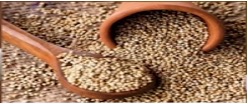
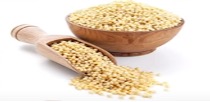
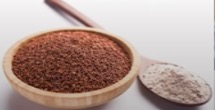

What are the bad carbohydrates: Bad or simple carbohydrates are those that break down fast and add glucose to you blood include - 1) refined carbohydrates, such as polished rice and flour, 2) sugar and sweetened beverages, such as sodas and juices, 3) highly processed snacks, including cookies, white bread, pizza dough, pasta, sweet desserts, pastries, and many breakfast cereals. These are not good for diabetic people.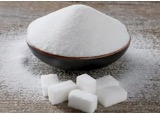

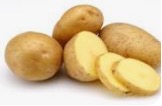
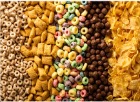

How many carbohydrates do you need: The Dietary Guidelines for Americans recommend that carbohydrates make up 45% to 65% of total daily calories. For example, if you need 2,000 calories a day, then, between 900 and 1,300 calories should come from carbohydrates. That translates to between 225 and 325 grams of carbs a day.
What are the meanings of carbohydrate terms: The terms "low carb" or "net carbs" often appear on the content of packaged foods on the Nutrition Facts label. Typically, the term "net carbs" is used to mean the amount of carbs in a product excluding/including fiber or excluding both fiber and sugar alcohols.
You may also access this article through our web-site http://www.lokvani.com/

Dr. Indrajeet Tyagi

Dr Iranna S. Hirapur, MD, DM (Cardiology)











